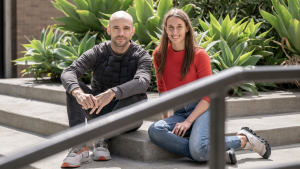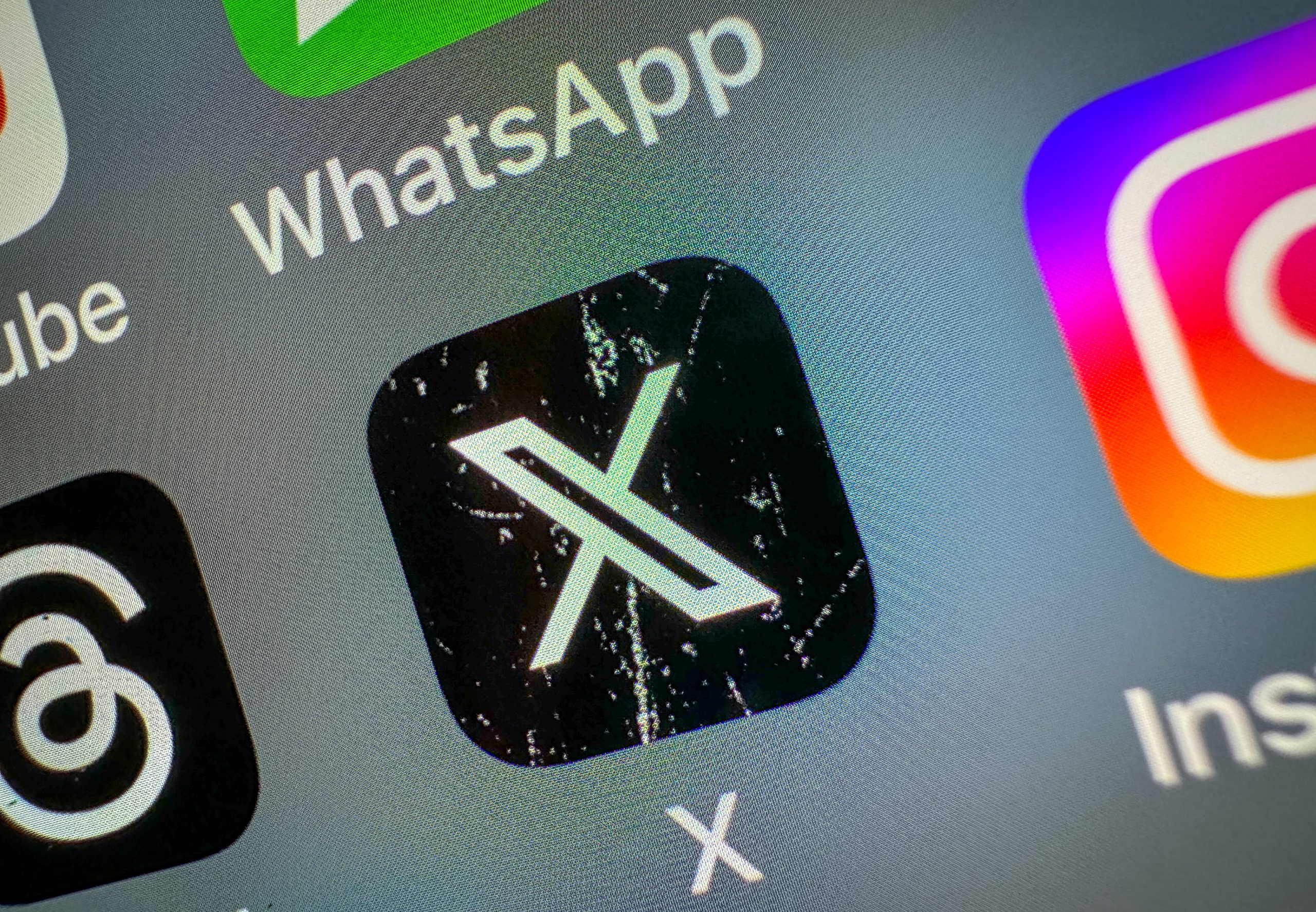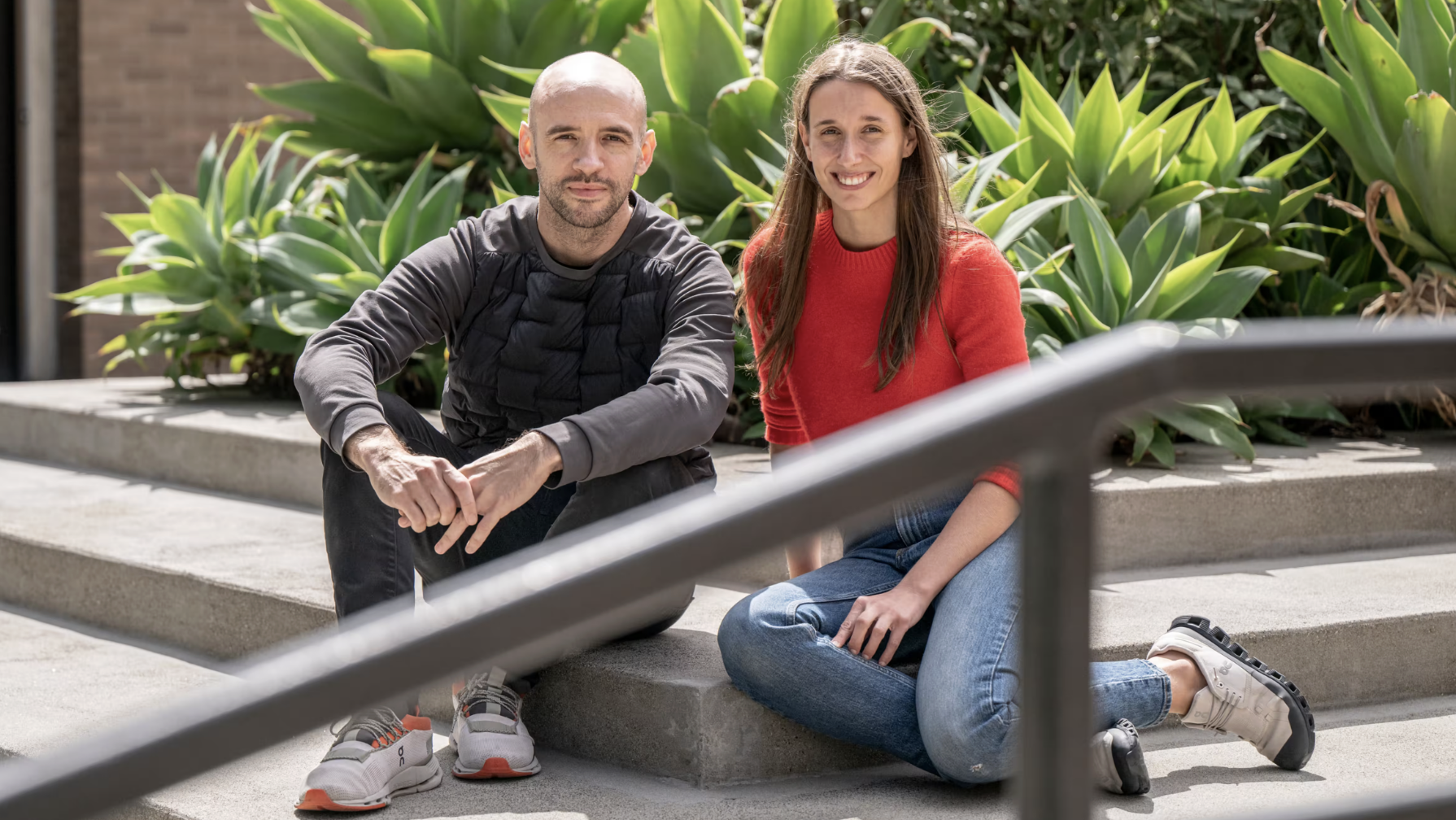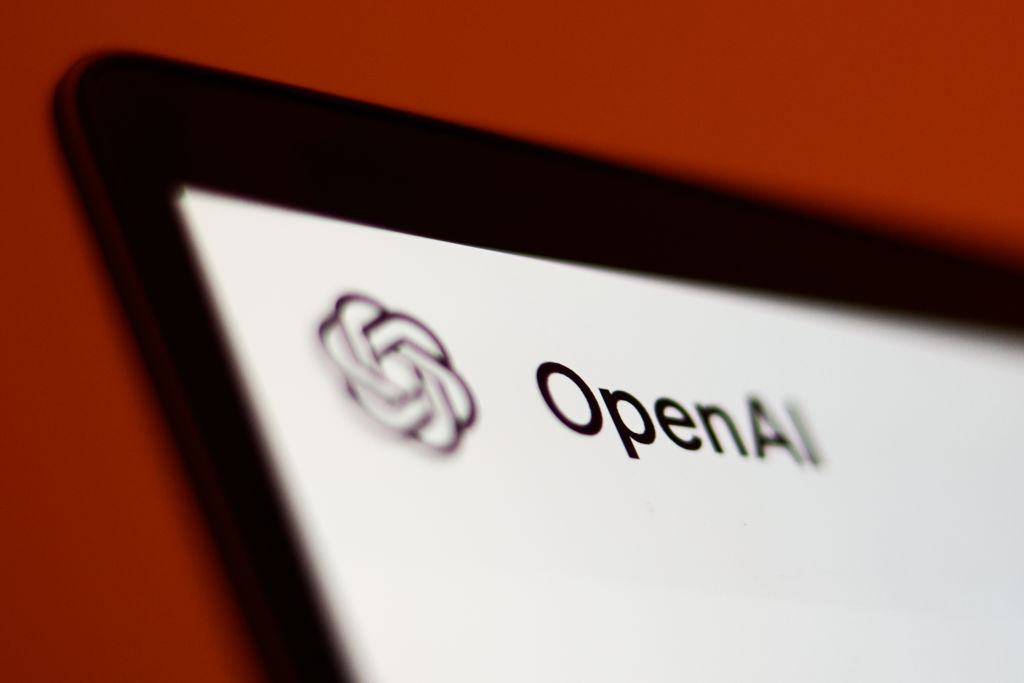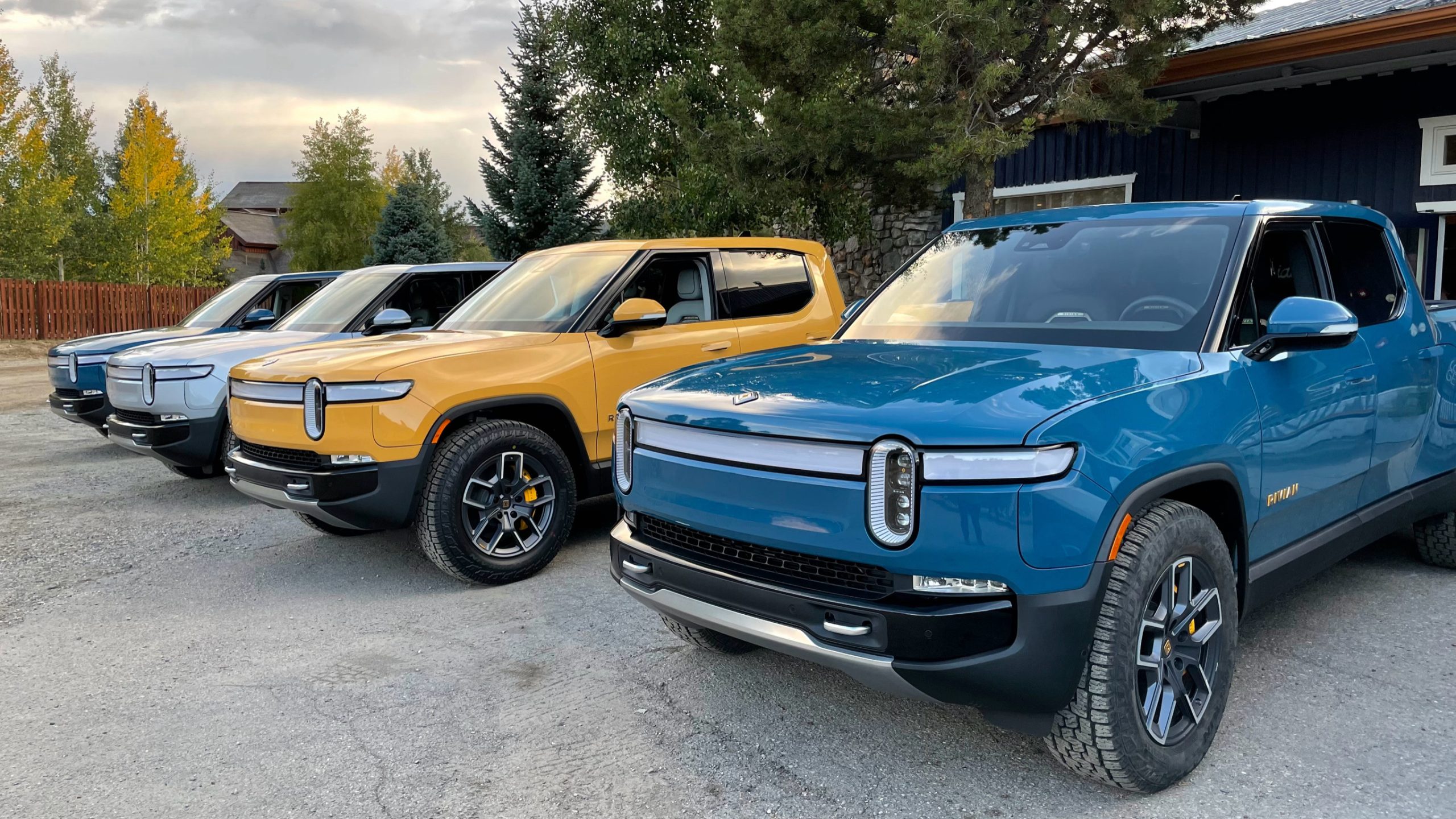
Electric vehicle manufacturer Rivian has reached a significant milestone in its legal entanglements, agreeing to a $250 million payment to resolve a class action shareholder lawsuit. This settlement emerges from allegations of misleading statements and figures presented in regulatory filings leading up to the company’s highly anticipated 2021 initial public offering (IPO), specifically concerning the production costs of its flagship R1 series electric trucks and SUVs. While agreeing to the substantial payout, Rivian, in a public statement, firmly asserted its denial of the lawsuit’s claims, maintaining that this agreement to settle does not constitute an admission of fault or wrongdoing.
The Settlement’s Genesis: A Price Hike and its Aftermath
The genesis of the lawsuit traces back to a contentious decision made by Rivian in March 2022. At that time, the burgeoning automaker announced an abrupt price increase of nearly 20% across its R1T pickup truck and R1S SUV lineup. This hike was applied not only to new orders but, controversially, also to existing pre-orders from customers who had patiently awaited their vehicles, some for several years. The company cited escalating supply chain costs, rampant inflation, and plans to introduce more accessible, cheaper models as justifications for the adjustment. However, the immediate backlash from its loyal customer base and the broader market was swift and severe.
Customers, many of whom had placed deposits and endured extended waitlists, expressed outrage over what they perceived as a breach of trust. The incident quickly became a public relations crisis for Rivian, forcing CEO RJ Scaringe to issue a rare and direct apology just days later. In a candid letter, Scaringe admitted, "It was wrong and we broke your trust in Rivian," acknowledging it as one of the most painful mistakes he had made since founding the company over a decade prior. Crucially, the company reversed the price increase for all existing pre-order holders, honoring their original pricing.
Despite this rapid damage control, the initial announcement of the price hike sent tremors through Rivian’s stock, causing a significant downturn that resulted in considerable losses for shareholders. It was this financial fallout that prompted shareholder Charles Larry Crews to file a lawsuit against the company shortly after the incident in March 2022. The complaint alleged that Rivian had misrepresented the true costs associated with manufacturing its R1 vehicles in its IPO documentation, and that these alleged misrepresentations directly contributed to the stock price drop following the price hike announcement. The lawsuit gained class action status in July 2024, paving the way for the current settlement.
Rivian’s Journey: From IPO Darling to Production Realities
To understand the context of this lawsuit, one must look back at Rivian’s meteoric rise. Founded in 2009 by RJ Scaringe, Rivian spent years operating in stealth mode, quietly developing its unique "skateboard" platform designed for electric adventure vehicles. Its emergence onto the public stage was nothing short of spectacular. With backing from industry giants like Amazon and Ford, Rivian quickly carved out a niche as a premium electric vehicle manufacturer focused on utility, performance, and an outdoor lifestyle aesthetic.
The company’s initial public offering in November 2021 was one of the largest in U.S. history, valuing Rivian at over $100 billion at one point, surpassing established automakers without having produced significant vehicle volumes. This period represented the peak of the "EV bubble," a time of immense investor enthusiasm for companies promising to disrupt the automotive industry with electric technology. Rivian’s R1T pickup, which began deliveries in late 2021, and the R1S SUV, which followed in August 2022, were lauded for their innovative design, impressive performance, and robust capabilities, earning critical acclaim and a devoted following.
However, the transition from concept to mass production proved challenging. The global automotive industry was grappling with unprecedented supply chain disruptions, particularly a critical shortage of semiconductor chips, exacerbated by the lingering effects of the COVID-19 pandemic. Raw material costs for batteries and other components soared, fueling inflationary pressures that impacted manufacturing budgets across the board. These external economic forces undoubtedly played a role in Rivian’s internal cost assessments and its decision to raise prices, even if the execution led to significant legal and reputational consequences.
Financial Implications and Strategic Realignments
The proposed settlement, which still requires approval from a judge in the U.S. District Court for the Central District of California, represents a significant financial commitment for Rivian. The company plans to cover $67 million of the total through its directors’ and officers’ liability insurance, with the remaining $183 million drawn directly from its cash reserves. As of June 30, Rivian reported having approximately $4.8 billion in cash and equivalents, indicating that while substantial, the payment is manageable within its current financial liquidity.
This settlement arrives at a particularly crucial juncture for Rivian, a company in the midst of a profound strategic realignment. The past year has seen intense efforts to streamline operations, reduce expenditures, and optimize its manufacturing processes. This includes a recent restructuring that involved laying off more than 600 employees, reflecting a broader trend of cost-cutting measures adopted by many growth-focused tech and manufacturing firms navigating a more cautious economic climate. In a notable move to enhance efficiency and market penetration, CEO RJ Scaringe also assumed the role of interim chief marketing officer, signaling a hands-on approach to the company’s brand narrative and sales strategy.
Navigating a Shifting EV Landscape
Rivian’s current challenges extend beyond legal settlements and internal restructuring. The broader electric vehicle market is evolving rapidly, presenting both opportunities and formidable hurdles. The initial fervor for high-end, niche EVs has somewhat tempered, giving way to a more price-sensitive consumer base. This shift is compounded by increased competition, as legacy automakers aggressively ramp up their own electric offerings, and by external factors like fluctuating government incentives.
The loss of the full federal EV tax credit for some of Rivian’s models, coupled with the potential impact of tariffs, such as those discussed by President Trump, further complicates the market landscape. These factors directly influence consumer purchasing decisions and can significantly impact a vehicle’s effective price, making it harder for premium-priced EVs to compete. Consequently, Rivian has observed a lagging performance in R1 sales, with projections indicating fewer shipments in 2025 compared to previous years. This underscores the urgency of its strategic pivot towards more accessible vehicles.
Looking Ahead: The R2 and Rivian’s Future Trajectory
Central to Rivian’s future strategy is the impending launch of its second-generation electric vehicle, the R2 SUV, slated for 2026. This vehicle is designed to be considerably more affordable than the current R1 lineup, positioning Rivian to target a much broader market segment. The company has ambitious production goals for the R2, aiming to build as many as 150,000 units per year at its existing factory in Illinois. Furthermore, Rivian is investing heavily in a new manufacturing facility in Georgia, which will serve as a cornerstone for producing the R2 and subsequent models, significantly expanding its production capacity and geographic footprint.
The success of the R2 is widely considered critical for Rivian’s long-term viability and its aspiration to transition from a niche luxury EV maker to a mainstream player. The settlement of the shareholder lawsuit, while a financial burden, allows the company to put a significant legal distraction behind it, enabling a more focused allocation of resources and attention towards its ambitious product development and production ramp-up. As Rivian continues its journey, balancing innovation with the practicalities of large-scale manufacturing and market dynamics, the coming years will be definitive in shaping its role within the rapidly transforming automotive industry.

